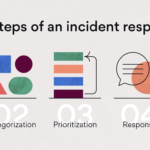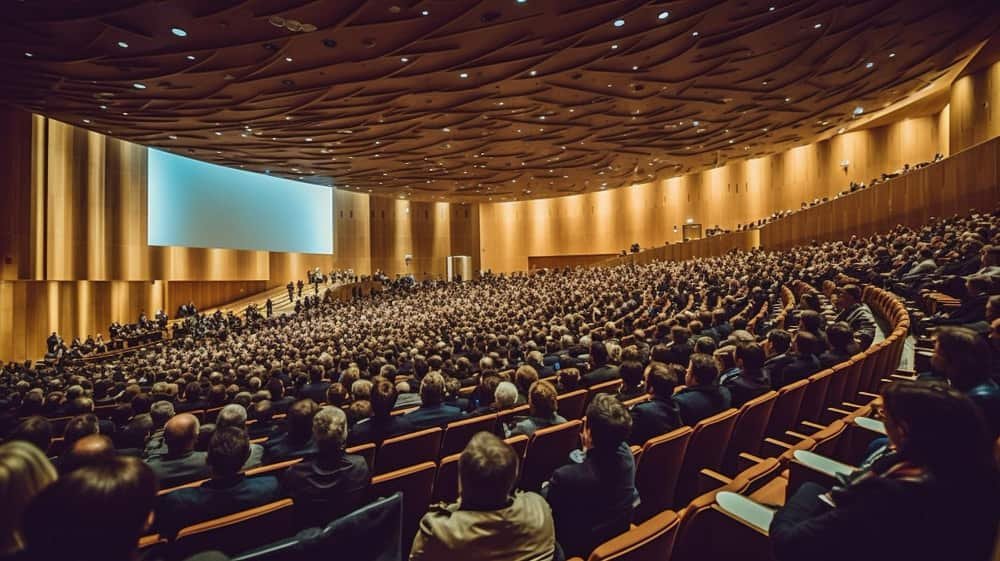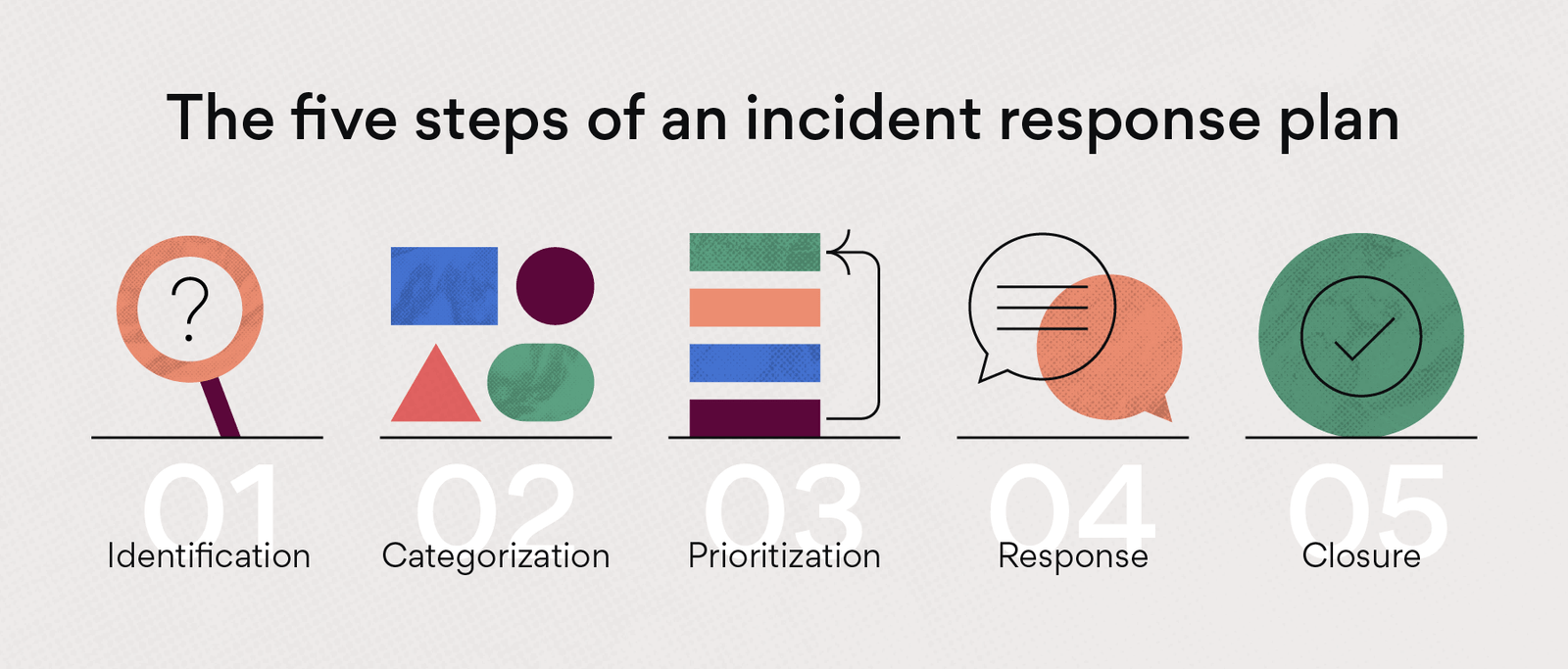Event technology services refer to the tools and solutions designed to enhance the planning, management, and execution of events. In today’s digital age, these services are crucial for creating memorable experiences for attendees and ensuring smooth operations. Whether it’s a small meeting, a corporate conference, or a large festival, technology plays a pivotal role.
By integrating various tech solutions, event organizers can streamline their processes and improve engagement. For instance, mobile apps can provide real-time updates, while virtual platforms allow people from around the world to participate in events. The increasing reliance on technology not only enhances the attendee experience but also simplifies the logistics for planners. From online ticketing systems to advanced audio-visual setups, the range of options available ensures that every event can be tailored to meet specific needs. Ultimately, embracing event technology services is about making events more interactive, efficient, and enjoyable for everyone involved.
Types of Event Technology Services
Event technology services encompass a variety of tools designed to address different aspects of event planning and execution. Understanding these types is essential for selecting the right solutions for any event.
Event Management Software
Event management software is at the heart of effective event planning. This software allows organizers to manage tasks like budgeting, scheduling, and communication with ease. With features that enable real-time collaboration, teams can work together efficiently, ensuring nothing falls through the cracks. Moreover, many of these platforms offer customizable templates and tools that simplify the process of creating agendas and managing attendee lists.
Registration and Ticketing Solutions
Efficient registration and ticketing solutions are vital for any successful event. These services streamline the process, allowing attendees to register online, select their sessions, and receive digital tickets. This not only reduces paperwork but also provides valuable data on attendee preferences and behaviors. Many solutions also integrate with payment systems, making transactions smoother and more secure.
Audio-Visual Services
Audio-visual (AV) services are crucial for creating an engaging atmosphere at any event. High-quality sound systems, projectors, and lighting equipment can significantly enhance presentations and performances. Professional AV teams ensure that technical aspects run smoothly, allowing speakers and performers to focus on delivering their message. Moreover, modern AV technology includes options like live polling and interactive displays, further engaging the audience.
Live Streaming and Virtual Event Platforms
In an increasingly connected world, live streaming and virtual event platforms have become essential. These services allow organizers to reach a broader audience by broadcasting events online. Whether it’s a webinar or a full-fledged conference, live streaming provides opportunities for interaction through Q&A sessions and chats. This technology enables participants who cannot attend in person to engage fully, breaking geographical barriers.
Benefits of Using Event Technology Services
Incorporating event technology services into planning can significantly enhance both the organizer’s experience and the attendee’s satisfaction. The advantages are manifold, transforming traditional events into dynamic experiences.
Streamlining Event Planning and Execution
One of the primary benefits of using event technology is the ability to streamline planning and execution. With integrated software solutions, organizers can manage multiple aspects of an event from a single platform. This eliminates the need for separate tools, reducing confusion and saving time. Automated reminders, task assignments, and checklists ensure that everyone is on the same page, leading to a more organized event.
Improving Attendee Engagement
Engagement is key to a successful event, and technology can greatly enhance this aspect. Interactive features like live polls, Q&A sessions, and mobile apps keep attendees involved and encourage participation. Additionally, social media integration allows participants to share their experiences in real-time, fostering a sense of community. By utilizing these tools, organizers can create a more interactive and enjoyable atmosphere.
Enhancing Data Collection and Analysis
Event technology services provide valuable insights through data collection and analysis. Registration systems gather information about attendees, helping organizers understand their audience better. Post-event surveys can also be conducted easily, offering feedback that is crucial for future improvements. Analyzing this data enables planners to make informed decisions, enhancing the effectiveness of their strategies.
Choosing the Right Event Technology Service
Selecting the appropriate Event Technology Service can be challenging given the plethora of options available. However, understanding key factors can guide organizers toward the best choice.
Key Features to Look For
When evaluating event technology services, it’s important to consider the features that will best support your event goals. Look for platforms that offer user-friendly interfaces, customization options, and integration capabilities with other tools. Additionally, ensure that the service provides strong customer support, as this can be crucial during the event.
Understanding Your Event’s Specific Needs
Every event is unique, and understanding its specific needs is essential in choosing the right technology. Consider the size, type, and objectives of your event. For example, a corporate conference may require robust registration features, while a festival might prioritize live streaming capabilities. Tailoring your technology choices to your event’s requirements will enhance overall effectiveness.
Budget Considerations
Budget is always a crucial factor in event planning. While it may be tempting to opt for the most advanced technologies, it’s important to find a balance between quality and cost. Assess your budget constraints and prioritize features that will provide the most value. Many services offer scalable solutions, allowing you to choose the best fit for your financial situation.
Case Studies: Successful Event Technology Implementations
Real-world examples can illustrate the transformative power of event technology services. By analyzing successful case studies, we can learn valuable lessons.
Example of a Corporate Event
A major tech company recently hosted a global conference using a comprehensive event technology platform. The software facilitated seamless registration and ticketing, allowing thousands of participants to register effortlessly. The incorporation of live streaming enabled remote attendees to join in, enhancing participation. Post-event analytics provided the organizers with crucial insights into attendee engagement, informing future events.
Example of a Festival or Concert
A large music festival embraced event technology by implementing mobile apps for attendees. The app featured schedules, artist information, and interactive maps, improving the overall experience. Real-time updates through the app kept participants informed about set changes and special announcements. Feedback collected through the app allowed the organizers to make immediate adjustments, ensuring a successful event.
Future Trends in Event Technology
As technology continues to evolve, so too does the landscape of event services. Staying ahead of trends is essential for organizers looking to create standout experiences.
Innovations to Watch For
Emerging technologies, such as augmented reality (AR) and virtual reality (VR), are set to revolutionize events. These innovations can create immersive experiences that engage attendees on a whole new level. Additionally, advancements in artificial intelligence are enabling personalized event experiences, tailoring content and interactions to individual preferences.
The Impact of Artificial Intelligence and Automation
Artificial intelligence and automation are streamlining event planning and execution. AI can assist in tasks such as scheduling and attendee engagement through chatbots. Automation can simplify repetitive tasks, freeing up organizers to focus on strategic decisions. As these technologies become more accessible, their integration into event planning will likely increase.
Conclusion
In conclusion, event technology services play a vital role in enhancing the planning and execution of events. By leveraging various tools, organizers can streamline processes, engage attendees, and gather valuable insights. As technology continues to evolve, staying informed about the latest trends will be crucial for creating successful and memorable events. Embracing these services not only improves the experience for attendees but also empowers organizers to deliver exceptional results.











